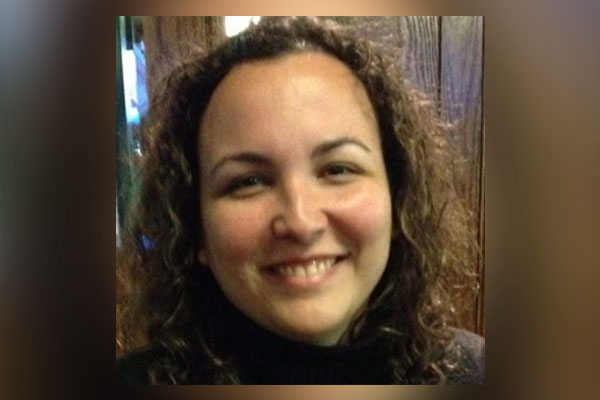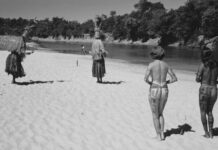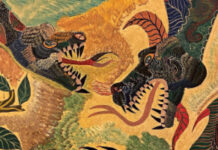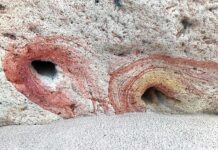
arte!✱ - Ibram has just gone through a management that came to impose a notorious interference of religious, ideological interests, of political apparatus, instead of technical prioritization. There was even the presence of royalist groups in action in museums. A historian from Rio Grande do Sul even turned down an invitation to take over the National Historical Museum, seeing flaws in the appointment process for the position. What was the damage that national museology suffered in this period (including a substantial loss of resources) and what is being done to regain lost time and efforts. Will there be an increase in Ibram's budget (how much was the progressive loss in recent years)?
Fernanda Santana Rabello de Castro – First, it is important to consider that these statements could be made about the previous government, but there is no evidence that they can be directly related to Ibram's management. Historian Doris Couto's refusal to assume the position of director of the National Historical Museum was due to the disrespect for the selection process and the norms that regulated it. As in the case of cultural policies and others linked to the then-defunct Ministry of Culture, Ibram and the museum sector suffered from resource cuts and contingencies, reduced by up to a third compared to previous times, in addition to having undergone institutional disorganization with regard to its organizational structure, the implementation of public policies already consolidated and the composition of the staff. In 2023, Ibram has a record budget, which reaches around BRL 146 million. These resources will be used for the recomposition of policies, for the restructuring of the museums managed by the institute, in the perspective of participation and social compliance by Ibram and Brazilian museums in the resumption of democracy.
What is the main orientation of the new Ministry of Culture for conducting national policy on museums within Ibram's structure?
Ibram has autonomy to manage its 30 museum units. On March 2) the first MinC Strategic Planning Seminar was held, in which challenges and priorities for public cultural policies were outlined, bearing in mind that the work of secretariats and related parties will take place in a common sense. The main orientation articulated in this Seminar was the resumption of democracy, dialogue and social participation in the construction of public policies and the appreciation of culture.
There are museums undergoing reconstruction in the country, such as the National Museum, whose reopening is only scheduled for 2027. How will Ibram act to coordinate the reconstruction efforts of that institution?
Ibram does not interfere with museums that have their own management, such as the National Museum, which is linked to the Federal University of Rio de Janeiro. We will act as partners, meeting the demands presented by the institution, within institutional possibilities.
What are the priorities of Ibram's new management – technological updating, restructuring and modernization of collections, insertion in the new global order: what are your priorities?
We will act on two main fronts: the restructuring of the Institute and the resumption of social participation in public policies. Some of the restructuring challenges are valuing the professional staff, reviewing the body's organizational structure and internal regulations, technological structuring and carrying out works and implementing risk management plans in the museum's heritage. In the context of social participation, existing participation mechanisms will be resumed and civil society's possibilities for action in the elaboration, implementation and monitoring of sectoral policies will be expanded.
Recently, Ibram's structure transferred one of its linked museums, the Professor Mello Leitão Museum of Biology (MNPML), to the management of the Ministry of Science, Technology and Innovation, within the scope of the National Institute of the Atlantic Forest. Will this understanding of the scope of each institution persist in your management or will there be a review of the scope of each museum with these characteristics (of biology, for example)?
This transfer was carried out in 2014, in view of political negotiations at the time, considering the profile of the museum and its management. The scope of the collection and profile of Ibram museums was defined in past administrations. Any changes that may arise in the current context will be the subject of debate between institutions, management and society, considering technical and social aspects. ✱













